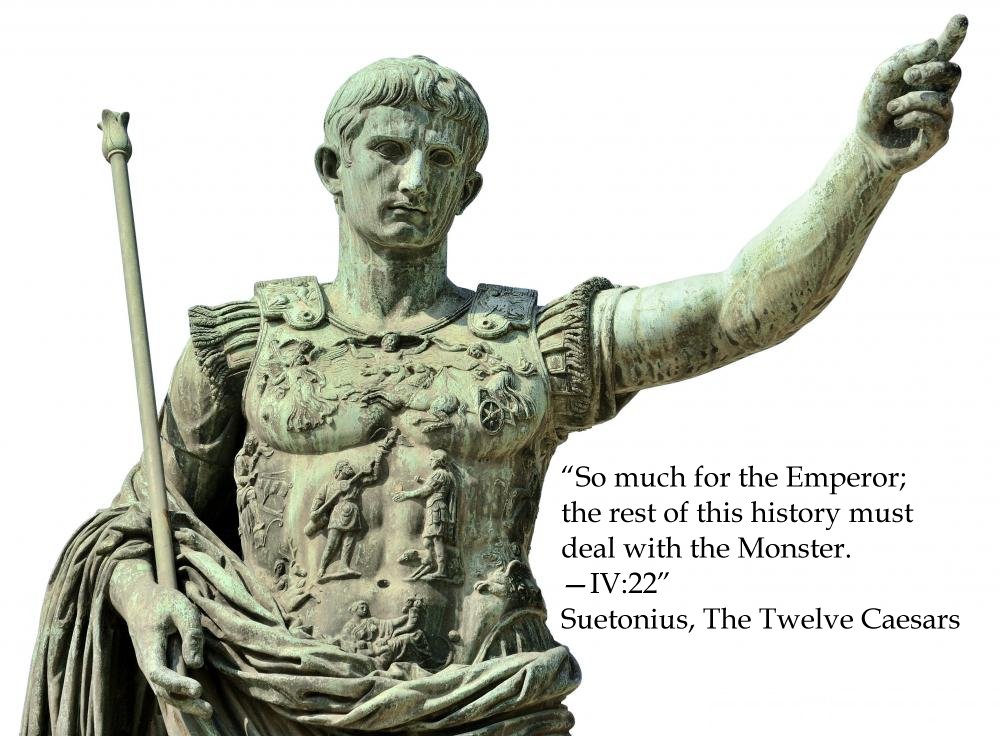As the Reformers emphasized, the Bible says that the Christian is justified by faith. Luther even credited his conversion to Habakkuk 2:4: "The righteous shall live by his faith" (and quoted in the New Testament, such as Romans 1:7 and Galatians 3:11). That knowledge liberated huge swaths of Europe from bondage to Rome and its doctrine of justification by "faith and..."
But what do we mean by that? Do we believe that a person with faith is necessarily saved? No, we don't. There are all sorts of faith, such as faith in leaders, or faith in science, and even faith in faith. We hear all the time, "You just have to have faith." Rarely is it specified, faith in what? However, that is not what is meant by justifying faith.
Rather, justifying faith is justifying, not because of its presence, but because of its object. What object? Jesus Christ alone: "In Christ Jesus you are all sons of God, through faith" (Galatians 3:26). Notice the proposition Paul uses, "through." That is an instrumental reference. Therefore, justification isn't on the basis of faith, but rather applied by means of faith. It is the finished work of Jesus alone that justifies us. We also see the same instrumental implication in Ephesians 2:8: "For by grace you have been saved through faith." Thus we see again Paul's specifying of faith, not as the basis of justification, but rather the means of the application of Christ's saving blood. That is the Reformation principle of justification by Christ alone through faith alone.
The Presbyterian Theologian James Henley Thornwell explained this principle: "In the narrow sense of that which unites us to Christ and makes us actual partakers of redemption, the term 'condition' is, in our judgment, applicable only to faith. It is clear that the ground of all personal interest in the blessings of the covenant is union with Christ. Union with Christ secures justification, adoption, sanctification, and the whole salvation of the Gospel. The condition, and the sole condition, of union with Christ is faith. The man who believes is saved" ("Theology as a Life in Individuals and in the Church").
Sedulius Paschal Work, Book 2
6 hours ago







